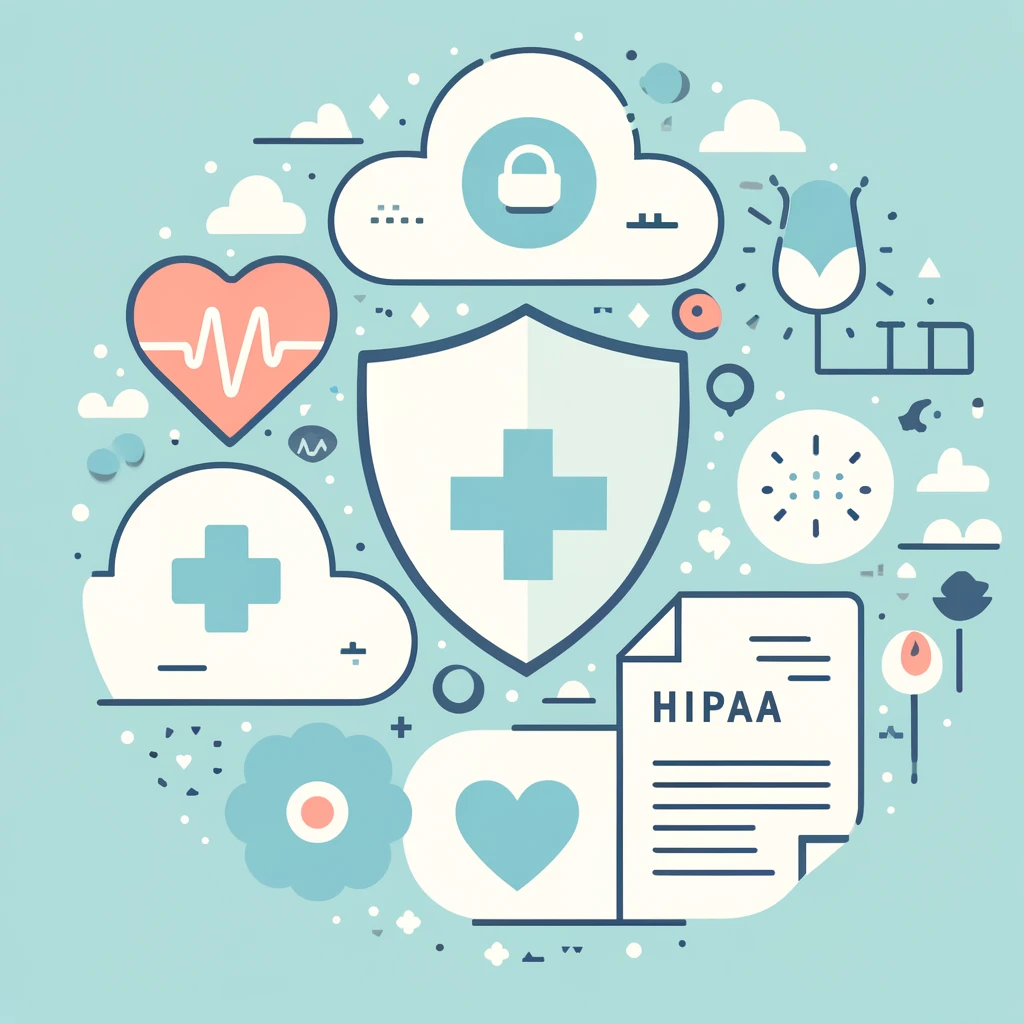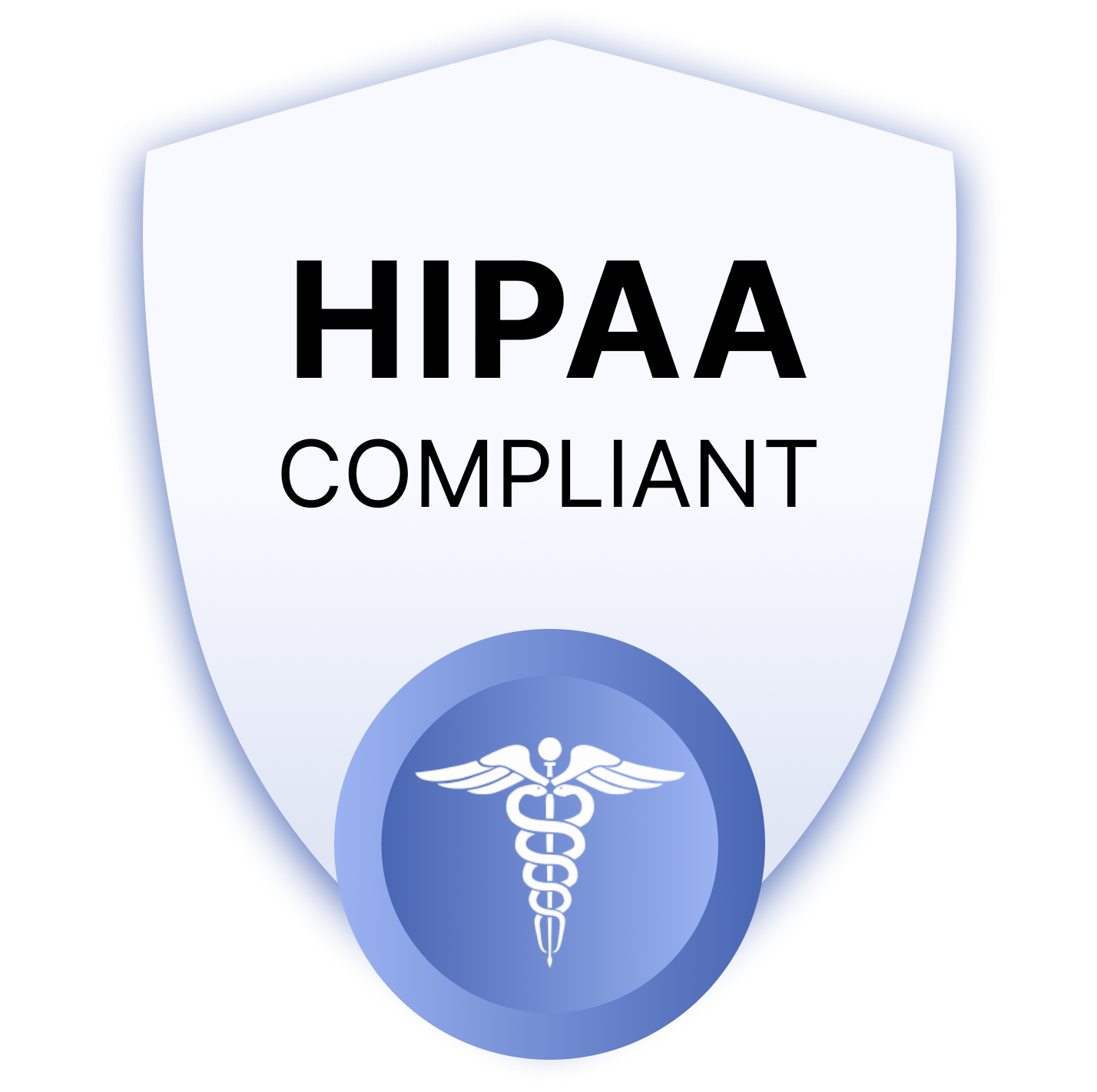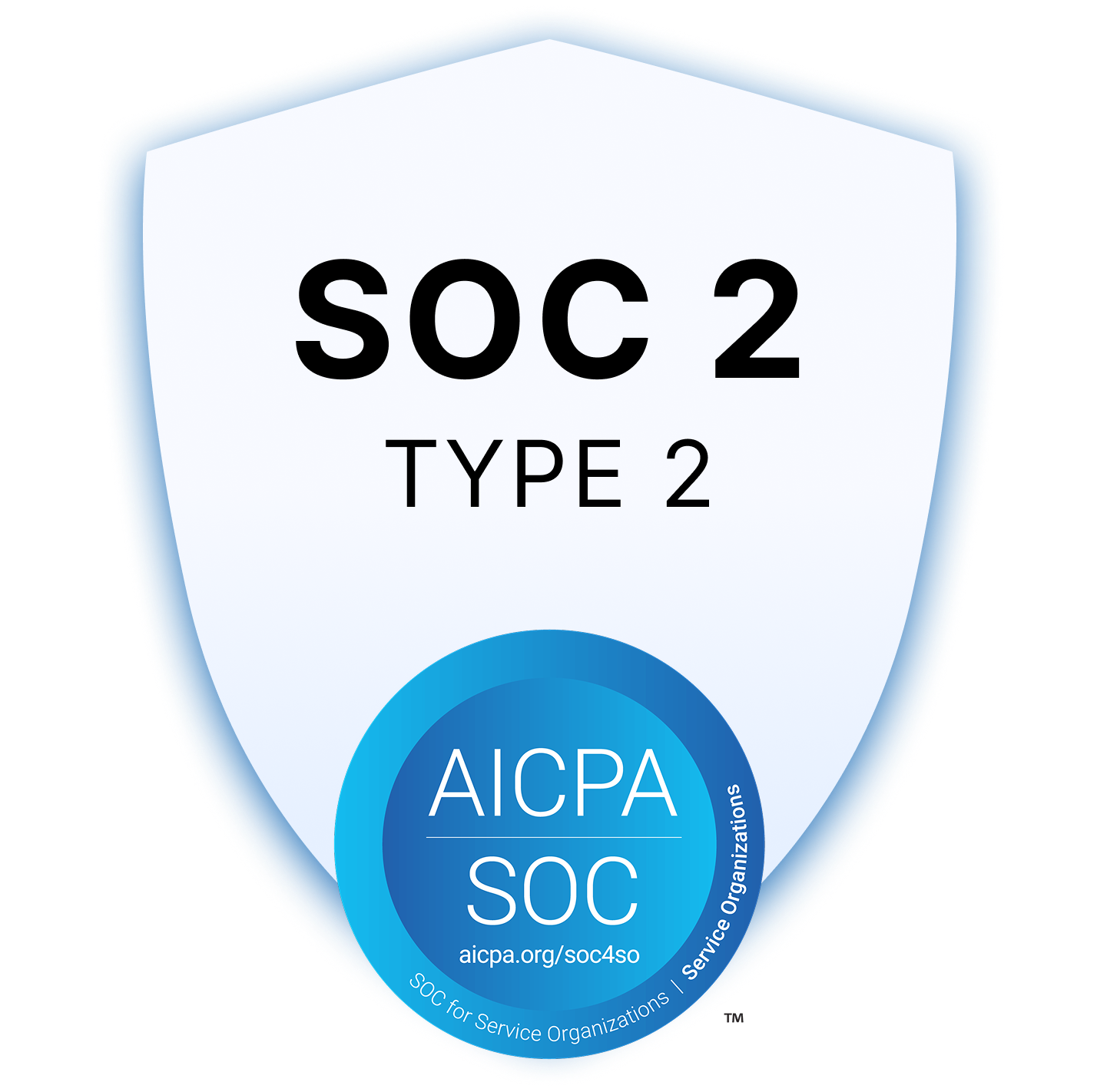
HIPAA Compliance
7 mins
Why Is HIPAA Important to the Medical Industry and Healthcare Professionals?
Summary
Your Competitors Are Embracing AI – Are You Falling Behind?
The Health Insurance Portability and Accountability Act (HIPAA) has become a crucial component of the healthcare system in the United States since its inception in 1996. Although often misunderstood as being solely about information privacy, HIPAA plays a much broader role in addressing the portability of insurance coverage and the accountability of healthcare organizations when it comes to protecting patient data. The question of why is HIPAA important remains relevant as its implementation has far-reaching implications for the healthcare sector, from ensuring patient confidentiality to improving the overall efficiency of the industry.
In this article, we will delve into the various aspects of HIPAA, highlighting its significance for both healthcare providers and patients, and exploring the key benefits of complying with this comprehensive legislation.

Why is HIPAA important in the medical field?
HIPAA plays a critical role in the medical field. It is essential for safeguarding patients' privacy and for maintaining the confidentiality of sensitive health information. The primary purpose of HIPAA is to protect the privacy of individually identifiable health information and ensure the confidentiality, integrity, and availability of electronic Protected Health Information (ePHI).
One of the main reasons HIPAA is so important in the medical field is its emphasis on safeguarding patient privacy. In a world where data breaches and identity theft are increasingly prevalent, HIPAA regulations help prevent unauthorized access to sensitive medical information. Healthcare providers, health plans, business associates, and healthcare clearinghouses are required to implement stringent security measures under HIPAA to keep patients' health information private and confidential.
Standardization is another key reason HIPAA is important in the medical field. As the healthcare industry transitioned from paper to electronic health records, HIPAA introduced a higher level of standardization for the management and sharing of health information. This standardization not only facilitates more efficient and secure communication among healthcare professionals but also ensures that patients can easily access their own health data.
Why is HIPAA important for healthcare organizations?
1. Privacy Protection
HIPAA is crucial for healthcare organizations because it sets standards that protect the privacy of individually identifiable health information. By complying with HIPAA, healthcare organizations ensure that patient data is only accessed by authorized individuals, which helps prevent unauthorized disclosure and misuse of sensitive information.
2. Security of Health Information
The security of health information is a top priority in the healthcare industry. HIPAA establishes information security standards that all healthcare organizations must adhere to. These standards help ensure the confidentiality, integrity, and availability of electronic protected health information (ePHI).
3. Control Over Personal Health Information
HIPAA empowers patients by giving them more control over their personal health information. Patients have the right to access and amend their medical records and request an accounting of disclosures made by covered entities. This level of control helps patients understand how their healthcare providers use and share their data.
4. Preventing Healthcare Fraud and Abuse
HIPAA compliance plays an essential role in preventing healthcare fraud and abuse. By implementing proper security measures and data handling procedures, healthcare organizations reduce the risk of unauthorized access to patient information. This, in turn, decreases the likelihood of both internal and external threats exploiting sensitive data for fraudulent purposes.
5. Trust and Confidence
HIPAA compliance helps build trust and confidence between patients and healthcare providers. Patients are more likely to feel confident in disclosing their personal information, knowing that their healthcare providers follow strict regulatory guidelines. This level of trust enables better communication and promotes overall improvement in the quality of care provided.
How does HIPAA benefit healthcare professionals?
1. Enhanced Patient Trust
HIPAA helps establish a strong foundation of trust between healthcare professionals and their patients. By ensuring confidentiality and privacy of patient health information, HIPAA allows patients to confidently share their medical histories and concerns without fear of unauthorized disclosure. This openness fosters better communication, leading to improved patient care and satisfaction.
2. Protected Reputation
One of the significant benefits of HIPAA for healthcare professionals is the protection of their reputation. By adhering to HIPAA regulations, institutions and individuals demonstrate their commitment to maintaining high ethical standards and safeguarding sensitive information. Compliance with HIPAA not only protects patient privacy but also strengthens an organization's or provider's credibility within the healthcare industry.
3. Reduced Litigation Risk
Non-compliance with HIPAA regulations can result in severe consequences, including civil and criminal penalties, fines, and reputational damage. Adherence to HIPAA guidelines helps healthcare professionals avoid these negative repercussions by ensuring that they maintain the required security measures to protect patient information. As a result, litigation risks arising from privacy breaches are significantly reduced.
4. Interoperability and Data Sharing
HIPAA promotes the standardization of healthcare transactions, which enables interoperability and seamless data sharing between healthcare providers and institutions. This standardization encourages collaboration among healthcare professionals and allows for quicker and more accurate diagnoses. In addition, efficient exchange of patient information enables a comprehensive understanding of each patient's medical history, which fosters better clinical decision-making.
5. Clinical Decision-making
Ensuring privacy and security of patient information is crucial in clinical decision-making. HIPAA facilitates the secure exchange of sensitive health information between healthcare professionals, allowing for better informed and more accurate treatment decisions. As a result, the quality of care provided to patients improves, leading to better health outcomes and overall satisfaction with their healthcare experience.
Why is HIPAA compliance important?
One key aspect of HIPAA's importance is that it applies to all healthcare employees, regardless of their role within the organization. It is essential for employees to understand HIPAA regulations to prevent accidental or intentional disclosure of PHI. Compliance with HIPAA not only helps maintain patients' rights, but also prevents organizations from encountering costly penalties and legal consequences due to breaches or non-compliance.
Furthermore, HIPAA has transformed the healthcare industry by influencing the development and adoption of electronic health record systems. This has streamlined operations, made data easier to track and analyze, and improved overall healthcare outcomes. The emphasis on security and privacy in these systems has also contributed to safeguarding patient information.
Key takeaways about the importance of HIPAA
HIPAA, or the Health Insurance Portability and Accountability Act, plays a crucial role in protecting the privacy and security of sensitive health information. Its provisions have significant benefits for both organizations and individuals. For healthcare providers, insurance plans and related entities, adherence to HIPAA safeguards is mandatory to avoid potential fines and damage to their reputation. The primary goal of the legislation is to ensure the confidentiality, integrity, and availability of individually identifiable health information.
FAQs
How does HIPAA help doctors offices with standardization?
HIPAA is important because it establishes a set of standards that ensure the privacy and security of individually identifiable health information. These standards are essential because they help to streamline communication and minimize errors between healthcare providers, health plans, and other entities that handle sensitive health information.
What might happen to healthcare data if it were not protected by HIPAA?
Without HIPAA, there would be no comprehensive federal legislation in place to protect the sensitive health information of patients. This could lead to potential misuse, abuse, and unauthorized disclosure of personal health records. HIPAA safeguards against these risks by imposing penalties on non-compliant entities, ensuring a consistent and secure approach to managing health information.
What are the financial benefits for healthcare providers of complying with HIPAA?
Organizations that comply with HIPAA not only protect patients' personal health information but also benefit financially by avoiding penalties and potential legal consequences. In addition, HIPAA can also help organizations save money in the long run by reducing administrative errors and redundancies through standardization.
How has HIPAA impacted the healthcare industry over time?
Since its inception in 1996, HIPAA has had a significant impact on the healthcare industry. It has successfully increased awareness of patient privacy and security concerns, and over time, this has led to the adoption of more robust data protection practices. HIPAA has also driven the growth of technologies related to digital health records and secure electronic communications.
Why was HIPAA needed when it was created back in 1996?
HIPAA was created in response to concerns about the portability and continuity of health insurance coverage, as well as the need to combat waste, fraud, and abuse in the healthcare system. Additionally, HIPAA aimed to simplify the administration of health insurance and promote the use of medical savings accounts, ultimately improving access to long-term care services and coverage.
Here's how to automate everything from intake to billing. Faster care, fewer errors, no developers needed.
Related Articles












